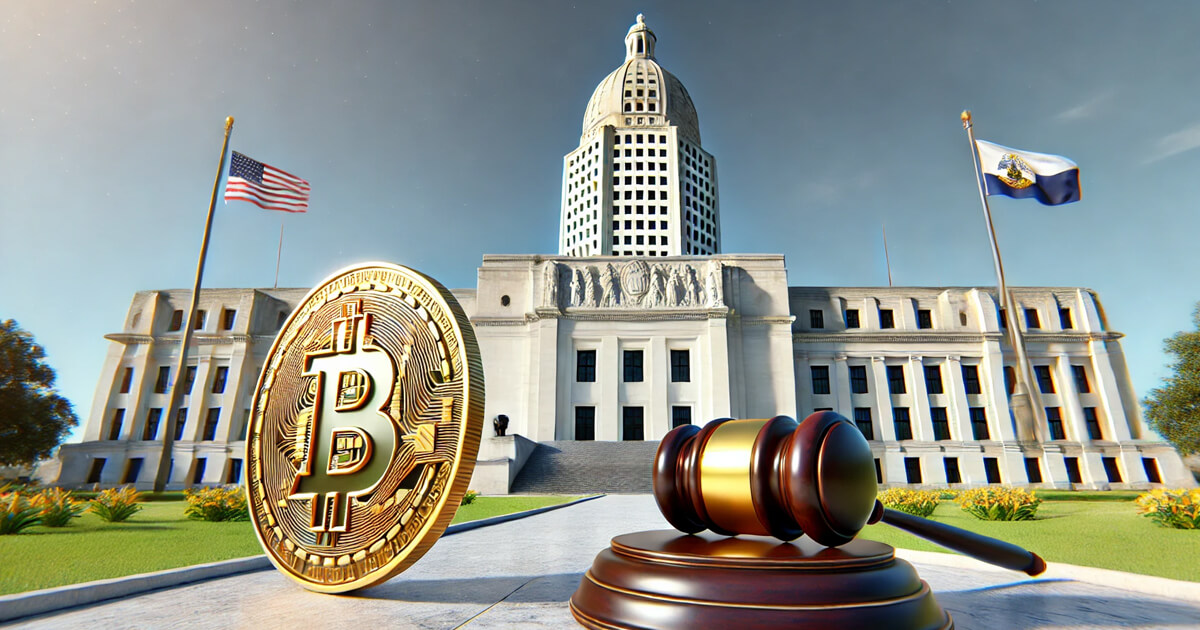
Louisiana Governor Jeff Landry signed a bill on June 19 to ban central bank digital currencies (CBDCs) and protect crypto mining.
The bill, HB 488, prevents government agencies from accepting or requiring payments in CBDCs. It also prohibits authorities from participating in CBDC testing by the Federal Reserve Board of Governors and other federal government agencies.
It guarantees individuals and businesses the ability to accept crypto for legal goods and services and to store crypto themselves in non-custodial and hardware wallets.
The rest of the bill describes rules around crypto mining and node operations. It protects crypto mining at home in compliance with local noise ordinances. It allows commercial crypto mining in industrial areas, in compliance with all regulations.
By law, operating a node to connect to a blockchain protocol or a secondary protocol, transferring crypto on the protocol, and betting on the protocol is legal.
The Louisiana Attorney General can take action against fraud and other violations related to mining and staking as a service. Participants must also comply with federal and state securities laws.
The bill also blocks banned foreign parties from controlling digital mining companies and requires existing parties to divest by August 2025. Prohibited foreign parties that fail to comply will face civil penalties of up to $1 million or 25% of the foreign party’s interest in the company.
The bill amends existing legislation and will come into effect on August 1.
The efforts of other states
Other states have introduced laws on the same issues. In May, the governor of Oklahoma signed a bill to protect crypto miners and crypto self-governance. The same month, Montana’s governor signed a bill banning local governments from banning mining.
Arkansas signed two bills in May that would impose or allow restrictions on crypto mining after the success of a more lenient law in 2023.
Separately, several states are exploring the possibility of a CBDC. Ledger Insights said in February that 11 states had pending legislation on the matter, which either blocked state adoption of CBDC, rejected CBDC as money, blocked participation in state trials or took another approach.
At the federal level, the U.S. House of Representatives passed a bill to prevent the Federal Reserve from creating and issuing a CBDC without congressional approval. The Senate must now consider the bill.

